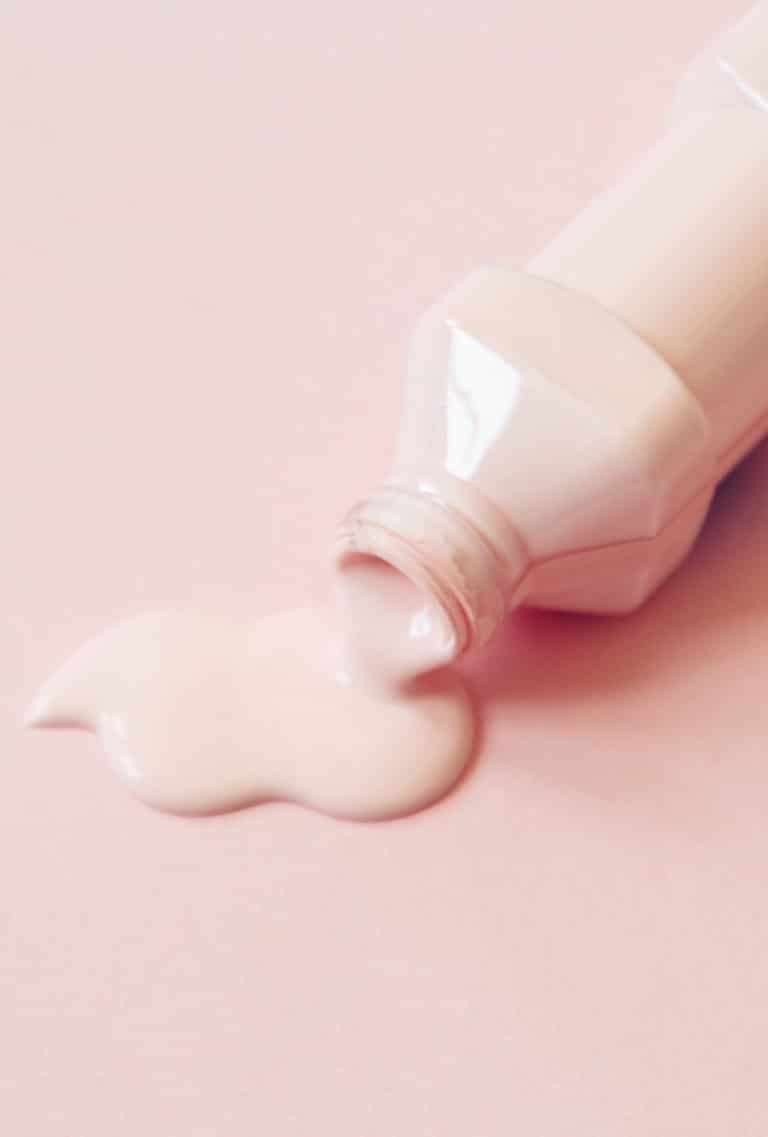
Opinion
Could late capitalist self-care be a byproduct of a world in collapse?
By Aleks Eror
Opinion
Could late capitalist self-care be a byproduct of a world in collapse?
By Aleks Eror
Updated May 16, 2020 at 10:07 AM
Reading time: 3 minutes
Influencers
Jul 20, 2018
The concept of self-care has become such a prominent feature of the modern age that it’s not unreasonable to wonder if self-care has, in fact, mutated into self-obsession. An entire micro-industry enabling and encouraging us to take better care of ourselves has emerged in recent years, flooding the market with apps and books and kits and newsletters penned by Gwyneth Paltrow that, among many other things, extol the dubious benefits of vagina steaming. But while self-care is often dismissed as a symbol of neurotic millennial era narcissism, there is, arguably, a political undercurrent to the practice.
According to the New York Times, “self-care peaked in search interest popularity” to a five-year high in the week following Donald Trump’s traumatic election day victory in 2016, which, in the words of the New Yorker, gave rise to a “grand online #selfcare-as-politics movement” powered by “straight, affluent white women” who were “feeling a new vulnerability in the wake of the election.” And while some would frame this as a retreat away from political turmoil into solipsistic self-indulgence, feminist writer Audre Lorde once argued that “caring for myself is not self-indulgence, it is self-preservation and that is an act of political warfare.”
The viability of self-care as a political act is up for debate, but there can be no doubt that its recent faddishness is a consequence of our current political climate. Since the late 1970s, western governments have reneged on the post-WWII social contract and increasingly sought to transfer the responsibilities of the state onto the individual. Where once Britain’s National Health Service used to promise cradle to the grave care, repeated spending cuts by conservative governments have rendered it barely functional. For most of the past decade, the sole purpose of U.S. Republicans has been to strip its most vulnerable citizens of the meagre protections offered by the Affordable Care Act, preferring to let them die than diverge from conservative orthodoxy. The welfare state has been increasingly replaced by a hostile state that attempts to instil dogmatic self-reliance in its citizens by slashing away at the social safety net. Self-care might be traditionally seen as a lifestyle choice for moneyed eccentrics, but for some people it’s increasingly becoming the most accessible form of care available to them.
Now, I’m not suggesting that the self-care boom is a direct response to the erosion of the welfare state or a conscious substitute for universal healthcare, but I do think that it is a natural byproduct of the neoliberal agenda. It has been repeatedly implied over recent decades that fiscal prudence will always be prioritised over the lives and wellbeing of the public. With this sort of message trickling down from the top, I think it’s only logical that a society would develop an ever-present, latent fear of being unwell; a sort of unconscious hypochondria that makes it susceptible to private sector hucksters who peddle all-encompassing wellness solutions that, either implicitly or explicitly, promise to stave off costly physical or mental illness. I don’t want to sound like I’m advocating against self-care—because I’m sure that it’s a good habit to adopt, generally speaking—but ignoring its political subtext is precisely how we come to subconsciously internalise the values of the status quo.
Where the burden of care used to be shouldered by the state and the community, self-care places the onus onto the individual. It encourages us to turn our gaze inwards and to obsess over our own wellbeing, which, as a result, feeds the kind of rabid individualism that’s so fetishised by the conservative right. I get the uncomfortable feeling that meditation, breathing exercises and mindfulness apps are just a New Age spin on that old right wing mantra about pulling yourself up by your bootstraps—no wonder self-care is so popular in corporate workplaces where employers prefer to peddle neo-hippy agendas by equipping their employees with the tools to endure the stress that their business model places on them instead of changing the working conditions that are the cause of the problem. That’s my qualm with self-care: it only massages the symptoms of the predicament, rather than cutting away at its roots.
That’s not to say that self-care should be abandoned: the British journalist Laurie Penny makes a convincing left wing angled argument for self-care as a coping mechanism that helps with the “impossible effort of getting up and getting through your life in a world that would prefer you cowed and compliant.” So accept that employer-subsidised mindfulness course or yoga classes if you’re offered them, but don’t forget to get together with your co-workers and agree to walk out the minute the work day ends instead of compliantly accepting unpaid overtime as a norm. Self-care might be a good coping mechanism, but it’s certainly not the solution.




